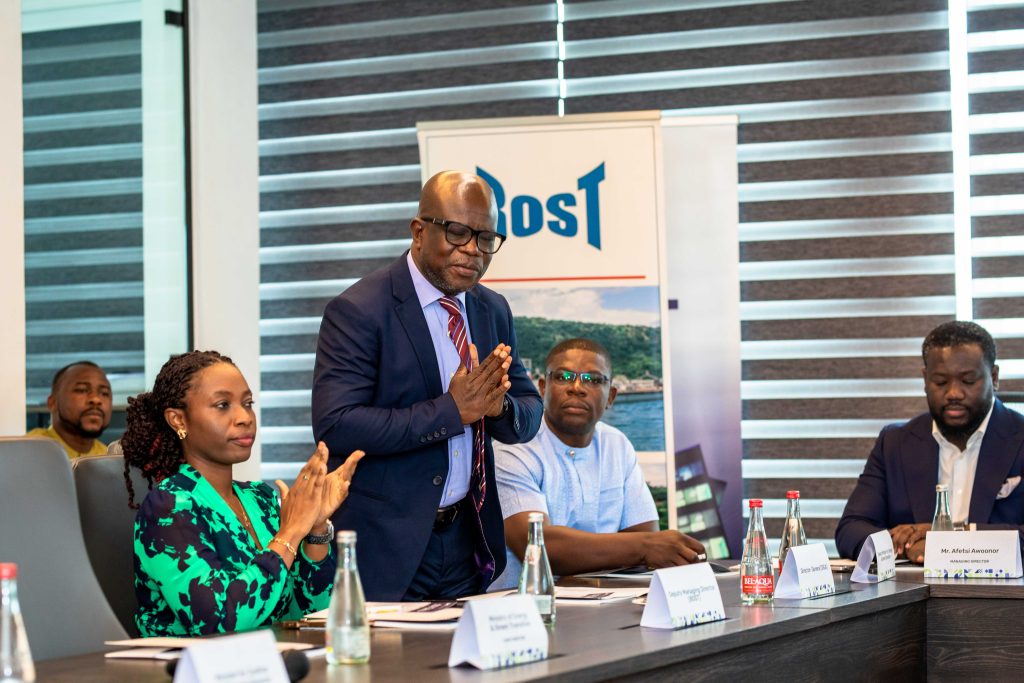The Ag. Director-General of the State Interests and Governance Authority (SIGA), Prof. Michael Kpessa-Whyte, was in attendance at the 2025 Annual General Meeting (AGM) of the Bulk Energy Storage and Transportation Company Limited (BOST), where he joined stakeholders in reviewing the company’s performance and strategic direction.
The meeting, which took place on August 26, 2025, at BOST’s Head Office in Accra, was attended by key stakeholders including the Minister for Energy and Green Transition, Hon. John Jinapor; the Chief Executive of the National Petroleum Authority, Godwin Edudzi Kudzo Tameklo; representatives from the Ministry of Finance and the Ghana Audit Service; and BOST’s Board and Management.
In his address, Prof. Kpessa-Whyte acknowledged the efforts of BOST’s leadership while stressing SIGA’s expectation for stronger performance in operational efficiency, cost rationalisation, revenue growth, and prudent management of national assets. He expressed optimism that the company would deliver returns to the Government of Ghana by the close of the 2025 financial year.
“The Board and Management of BOST must demonstrate accountability to SIGA and to Ghanaians who ultimately own this enterprise. Decisions must be guided by their impact on national development and long-term value creation,” Prof. Michael Kpessa-Whyte stated.
Delivering the keynote address, the Minister for Energy and Green Transition, Hon. John Jinapor, applauded BOST’s leadership for the progress made in recent months and encouraged the company to integrate sustainability into its operations to contribute to a cleaner energy future.
Board Chairman, Professor Saint Kuttu, assured stakeholders of the company’s dedication to safeguarding Ghana’s strategic petroleum reserves, while outlining ongoing investments in infrastructure, technology, and governance reforms.
SIGA reaffirmed its commitment to working closely with BOST and other Specified Entities to drive improved performance, accountability, and sustainable value creation for the State.

